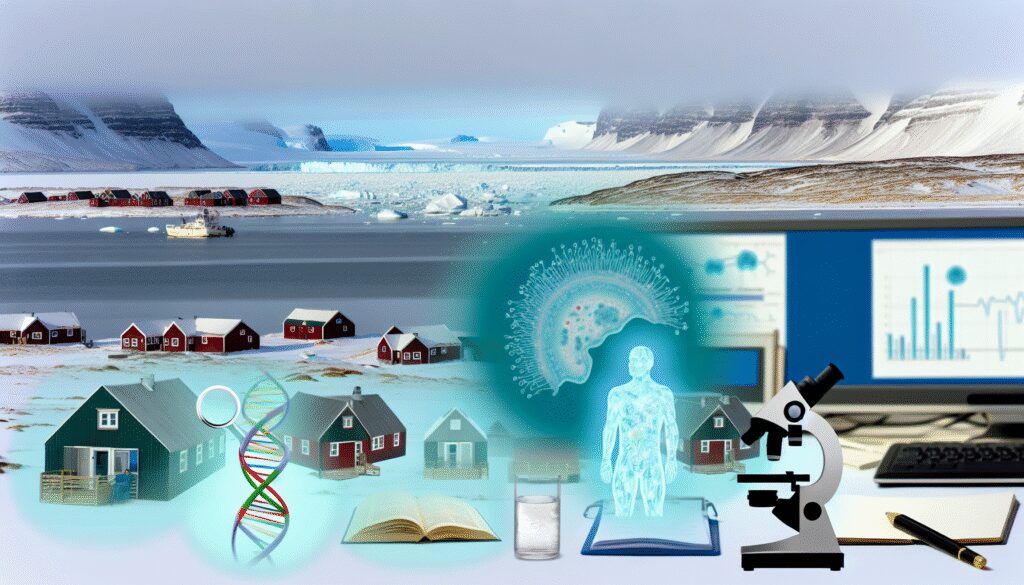Cronkhite-Canada Syndrome in Suriname: Challenges in Diagnosis and Management in a Low-Resource Setting

This article explores the challenges of diagnosing and managing Cronkhite-Canada Syndrome (CCS), a rare disorder involving gastrointestinal polyposis and ectodermal abnormalities, in Suriname, a low-resource setting. It highlights limited healthcare infrastructure, diagnostic delays, and treatment barriers, offering recommendations for improved awareness, capacity, and care in such environments.
Whipple Disease in Greenland: Challenges in Diagnosis and Management in Remote Arctic Communities

This article examines the challenges of diagnosing and managing Whipple Disease (WD), a rare systemic infection caused by *Tropheryma whipplei*, in Greenland’s remote Arctic communities. Geographic isolation, limited healthcare resources, and cultural barriers delay identification and treatment, necessitating tailored solutions like telemedicine and community education.
Guillain-Barré Syndrome in Greenland: Challenges and Insights from a Remote Arctic Population

This article examines Guillain-Barré Syndrome (GBS) in Greenland, highlighting challenges in diagnosis and management due to geographic isolation, limited healthcare infrastructure, and cultural barriers. It explores GBS epidemiology, autoimmune etiology, infectious triggers, and rare vaccine links, proposing tailored healthcare improvements for Arctic regions.
